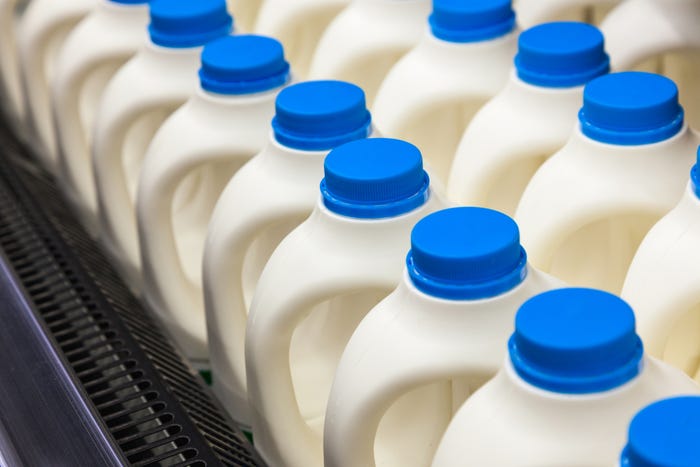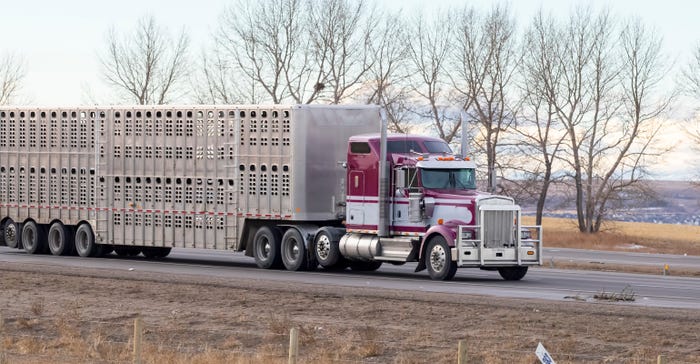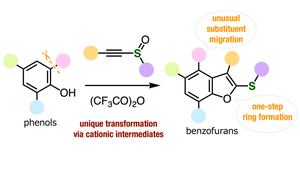thumbnail.png?width=700&auto=webp&quality=80&disable=upscale)
Agribusiness News.png?width=700&auto=webp&quality=80&disable=upscale)
TechMix hires Chris Allen as Swine Territory Sales RepresentativeTechMix hires Chris Allen as Swine Territory Sales Representative
TechMix has hired Chris Allen as Swine Territory Sales Representative. Chris joins TechMix with the last 18 years of his career focused in the swine industry.
Subscribe to Our Newsletters
Feedstuffs is the news source for animal agriculture








.png?width=300&auto=webp&quality=80&disable=upscale)

.png?width=300&auto=webp&quality=80&disable=upscale)
.png?width=300&auto=webp&quality=80&disable=upscale)


.png?width=300&auto=webp&quality=80&disable=upscale)
.png?width=300&auto=webp&quality=80&disable=upscale)


.png?width=300&auto=webp&quality=80&disable=upscale)






.png?width=300&auto=webp&quality=80&disable=upscale)

.png?width=300&auto=webp&quality=80&disable=upscale)




.png?width=300&auto=webp&quality=80&disable=upscale)


.png?width=300&auto=webp&quality=80&disable=upscale)

